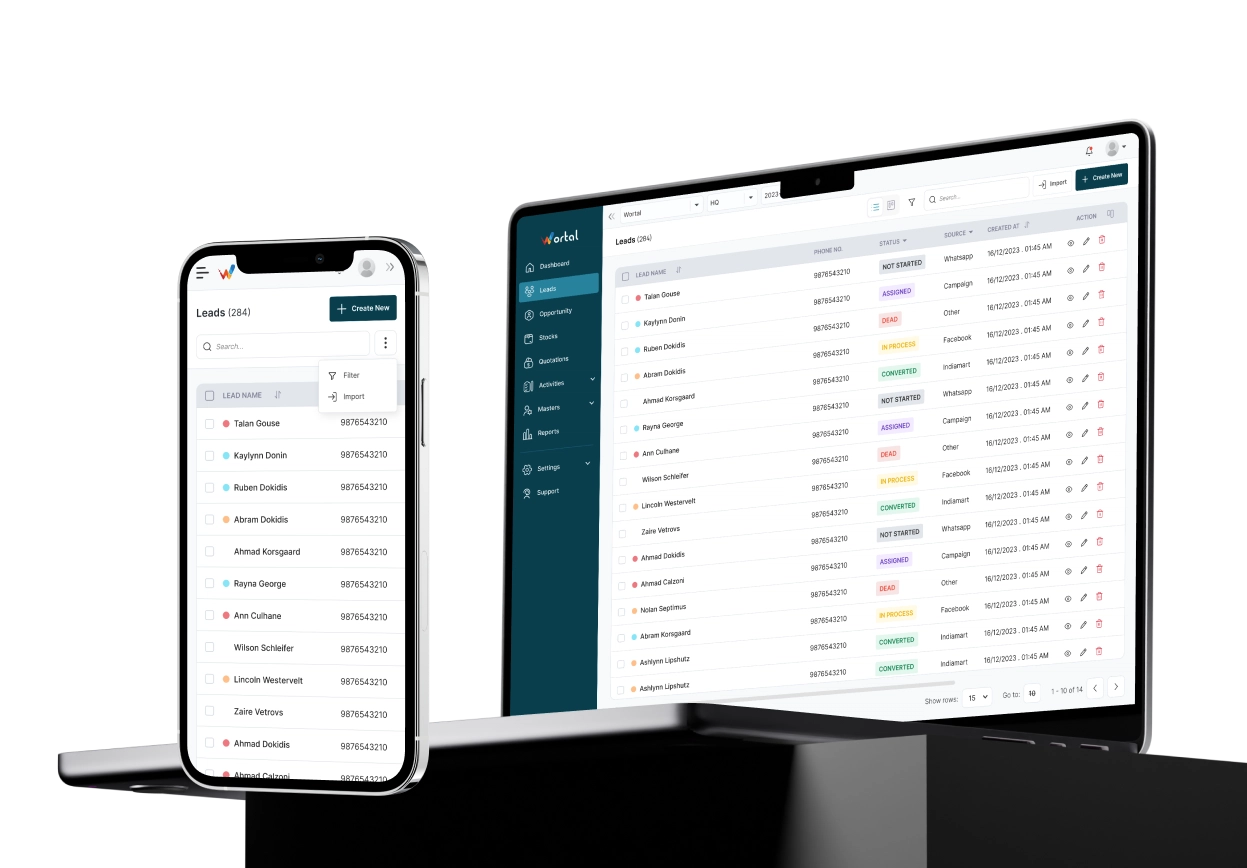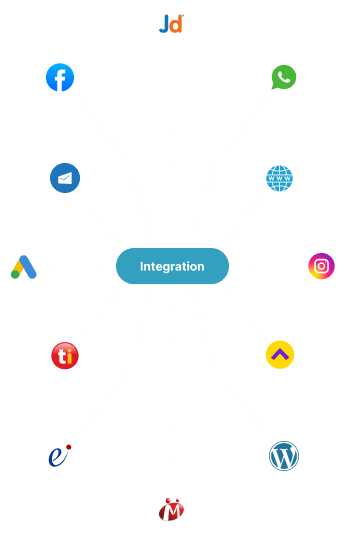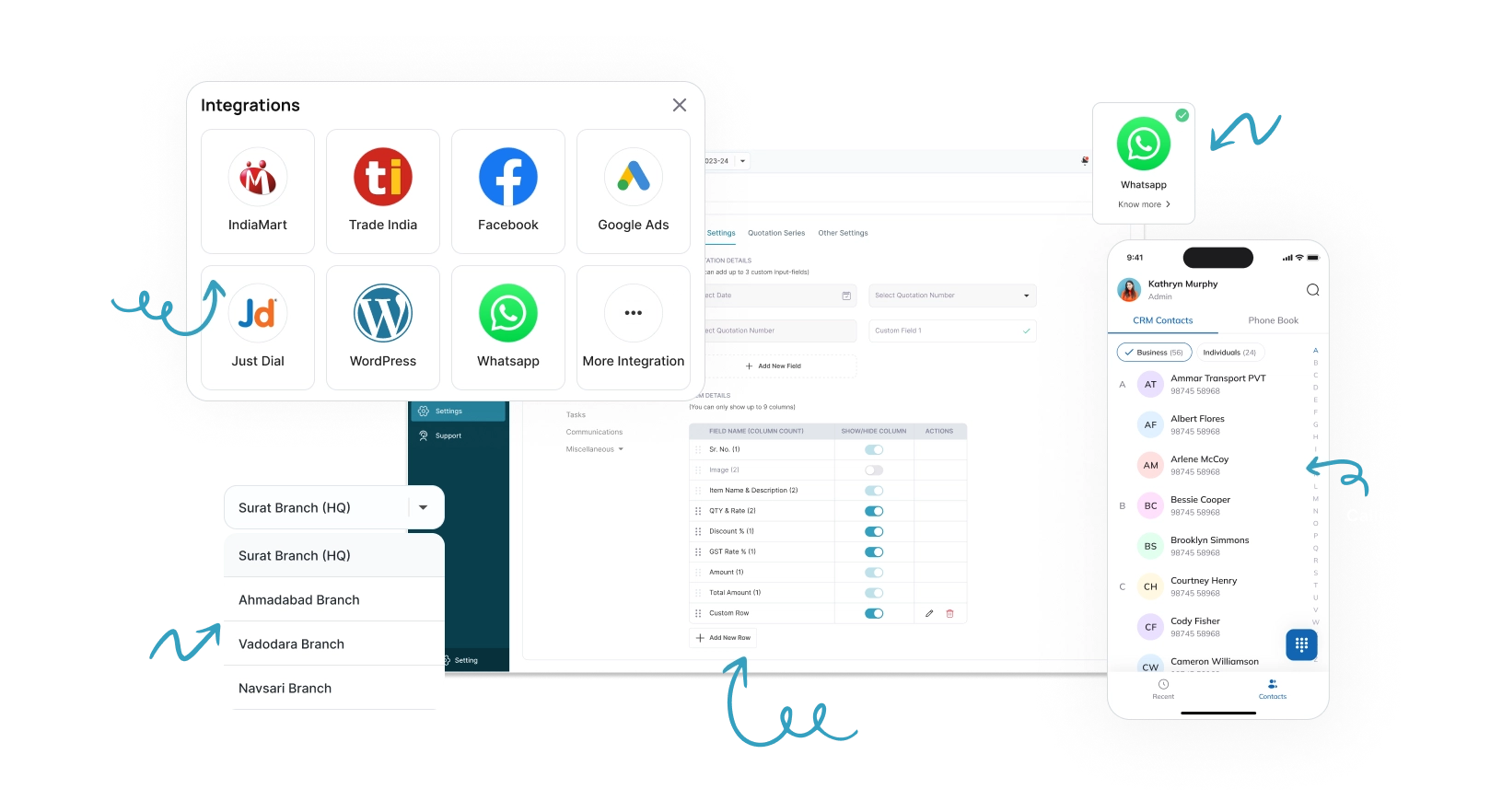
Experience seamless business processes, bolster customer relationships, and drive exponential growth with our innovative customer relationship management solution with the best CRM software in India.

Explore the diverse range of industries we cater with our specialized solutions.

Electronics
.svg)
Machine Manufacturer

Solar
.svg)
Gems Jewellery
.svg)
Travel Industry
.svg)
Textile Industry
.svg)
Trader & distributor
.svg)
Real Estate
.svg)
Marketing Agencies
.svg)
Insurance
.svg)
Logistics
.svg)
Automobile Industry
.svg)
Education
.svg)
Home appliance
.svg)
IT Companies
Delivering Innovative CRM Solutions Designed for Your Success and Business Growth

Our Satisfied Customers Stand as A Testament to Our Commitment, with Their Success Stories. Join Our Community and Experience the Same Level of Satisfaction Today.
